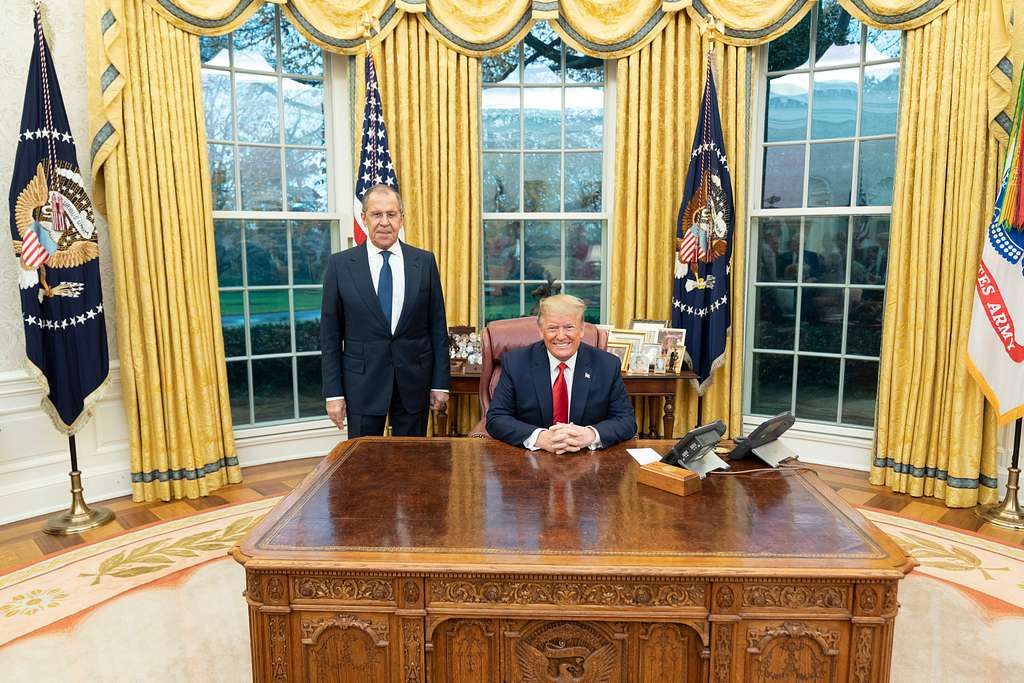China Criticizes U.S. Missile Deployment in the Philippines, Citing Regional Security Concerns

Shanghai, Sept 29 – Chinese Foreign Minister Wang Yi has issued a stern warning regarding the United States’ recent deployment of intermediate-range missile systems in the Philippines, emphasizing that the move could jeopardize the security and stability of the entire region. Wang expressed these concerns during a meeting with South Korean Foreign Minister Cho Tae-yul in New York, as reported by China’s Ministry of Foreign Affairs.
During the conversation, Wang highlighted the broader implications of the U.S. military action, describing it as a destabilizing force in the Indo-Pacific. “The deployment of these missile systems undermines regional peace and stability,” he remarked, reflecting China’s apprehension that this might provoke an arms race in a region already fraught with strategic tensions.
The Typhon Missile System and Its Regional Impact
The U.S. decision to deploy the Typhon missile system marks a significant development in the strategic military posture of the Indo-Pacific. This missile system, capable of launching cruise missiles with ranges that can target key Chinese installations, has raised alarm within both Beijing and Moscow. China has called for its immediate removal, while Russia has joined in the condemnation, accusing the U.S. of aggravating military tensions and accelerating an arms build-up in the region.
“The introduction of such systems is neither in the interest of regional peace nor conducive to maintaining the balance of power,” Wang Yi stated. He further argued that such a deployment could encourage further militarization among neighboring countries, increasing the risk of confrontation.
China and Russia’s Unified Stand Against the U.S.
China’s opposition to the Typhon system has found an ally in Russia, which has long expressed its displeasure at U.S. military activities in Asia. Moscow has warned that this deployment could fuel further military competition, exacerbating tensions between global powers. Russian officials have also voiced concerns that the U.S. is destabilizing the region by placing advanced missile systems close to both Chinese and Russian borders.
This shared concern from China and Russia has prompted calls for a diplomatic resolution and the removal of the missile system from the Philippines. Both countries insist that such moves by the U.S. will only heighten existing geopolitical strains.
Security Implications for the Korean Peninsula
Wang Yi also underscored the need for caution regarding developments on the Korean Peninsula, urging all parties to avoid any action that could lead to “war or chaos.” The peninsula has long been a hotspot for military tensions, with North Korea’s missile tests and the continued U.S. military presence keeping the region on edge. Wang warned that the U.S. military’s aggressive stance in Asia, coupled with its actions in the Philippines, could lead to unintended consequences.
A Growing Arms Race in the Indo-Pacific
The deployment of the Typhon missile system, the first of its kind in the Indo-Pacific region, signals a shift in U.S. strategy as Washington seeks to counter growing Chinese influence. However, critics argue that this approach is counterproductive and could backfire, pushing regional countries into a competitive arms race.
Experts suggest that such moves might trigger increased defense spending and the development of advanced military technologies across the region. The U.S., while claiming that the deployment is for defensive purposes, has faced growing international criticism, particularly from China and Russia, for what they describe as provocative actions.
Conclusion: Diplomatic Solutions Urged
Amid growing tensions, Wang Yi’s remarks are a clear signal of China’s dissatisfaction with the U.S.’s approach to security in the Indo-Pacific. Both China and Russia have made it clear that they see the Typhon missile system as a destabilizing factor, and they have called for its removal as a way to ease tensions and promote peace.
As military dynamics shift in the region, there is an increasing call for diplomatic dialogue to prevent further escalation. The international community watches closely as China, Russia, and the U.S. navigate the complexities of Indo-Pacific security, with hopes that cooler heads will prevail.
—







